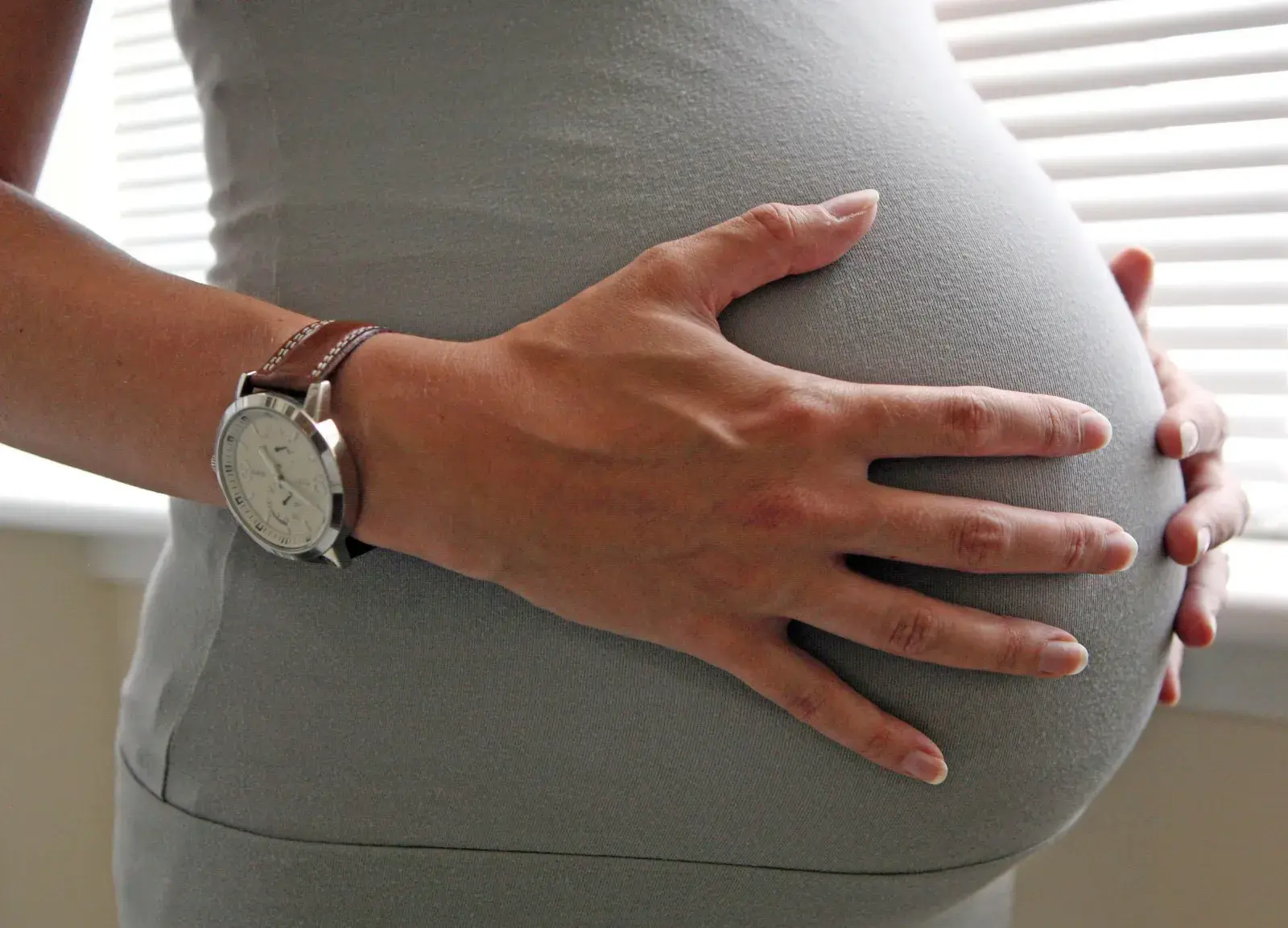By Jordan King
Copyright newsweek

Canada’s total fertility rate (the average number of births per woman) reached a record low of 1.25 children per woman in 2024, new data shows.
Why It Matters
The data, published in a new report by Statistics Canada last Wednesday, signaled profound changes in the nation’s demographic landscape.
A rate of 1.25 is well below the replacement threshold of 2.1, meaning Canada is facing the prospect of an aging population and potential labor shortages.
Almost every country in the world is seeing fertility rates decline, with governments and experts all over looking at options on how to deal with it.
What To Know
The latest data from Statistics Canada matches or undercuts levels in other “ultra-low fertility” countries such as Switzerland and Finland.
The decline is part of a downward trend that began in 2009, accelerated during the COVID-19 pandemic, and has continued despite a slowdown in the rate of decrease in recent years.
Nine provinces and territories recorded their lowest ever total fertility rates in 2024. British Columbia posted the lowest rate at 1.02, while Nova Scotia recorded 1.08.
The average age of childbearing also reached a record high of 31.8 years, up from 26.7 in 1976.
A delay in when people have children is often cited as a major contributor to the declining rate, as it can mean that people end up having fewer children in general.
Financial struggles are often cited as the reason for families choosing to have fewer or no children, but recent research has also focused on major cultural changes.
Newsweek has detailed the main reasons birth rates are declining around the world here.
Canada’s lowest fertility rate comes as it is also facing its largest retirement wave, with all baby boomers set to hit retirement age by 2030, according to a Royal Bank of Canada report published last week.
The major worry about this type of ageing society is that “there will be far fewer future workers to support a senior population either through government programs like pensions or health care,” William Frey, a senior fellow at The Brookings Institution, told Newsweek previously.
But other demographers have stressed that the real issue comes not from an ageing population inherently, but “from failing to plan for an aging population,” as Beth Jarosz, a senior program director of U.S. programs at the Population Reference Bureau, told Newsweek.
“A primary risk, as a population ages, is under-investment in children,” she said. “As children make up an increasing share of the population, there will be increasing pressure on them to be healthy and productive. But as populations age, there may be pressure to invest more in senior-supporting programs than in child-supporting ones.”
Meanwhile, global health economics professor Margaret Anne McConnell is one of several experts who has stressed that there is good news hidden in the declining birth rate in some of the positive cultural shifts it represents.
“Any time we see people being able to make fertility choices that suit their family, I think that’s a success,” she told Newsweek previously. “I think people choosing to have children later in life is also a success … To the extent that we can make it possible for people to reach whatever their desired family size is, I think that that would be a societal priority.”
For example, American mothers aged between 15 and 19 have seen the most consistently steep fall in the last 50 years.
“The decline in birth rates has been driven primarily by fewer births to women in their teens and early 20s, and these are births that are very often unintended,” demographer Karen Benjamin Guzzo told Newsweek.
“Young adults are less often having casual sex, and they’re more often using highly effective methods of contraception, like IUDs,” she continued. “Contraception allows people—but especially women—to plan their pregnancies so they can get education, have careers, find the right partner before having kids. It allows families to space their children the way they see fit.”
File photo of a pregnant woman, taken in July 2008 in London, United Kingdom.
What People Are Saying
Ben Woodfinden, director of the Canadian policy intelligence service MBP Intelligence, said in a post about the new fertility rate data: “Canada’s fertility rate continues to drop, to a new record low. The biggest transformation that’s going on right now imo that we don’t talk about enough is the global collapse of fertility rates. We aren’t remotely ready for its consequences and how it will change the world.”
RBC economist Cynthia Leach said in her retirement report: “Remaining boomers will reach age 65 by 2030, bringing the largest retirement wave yet. A structural reduction in labour supply will be fe…



